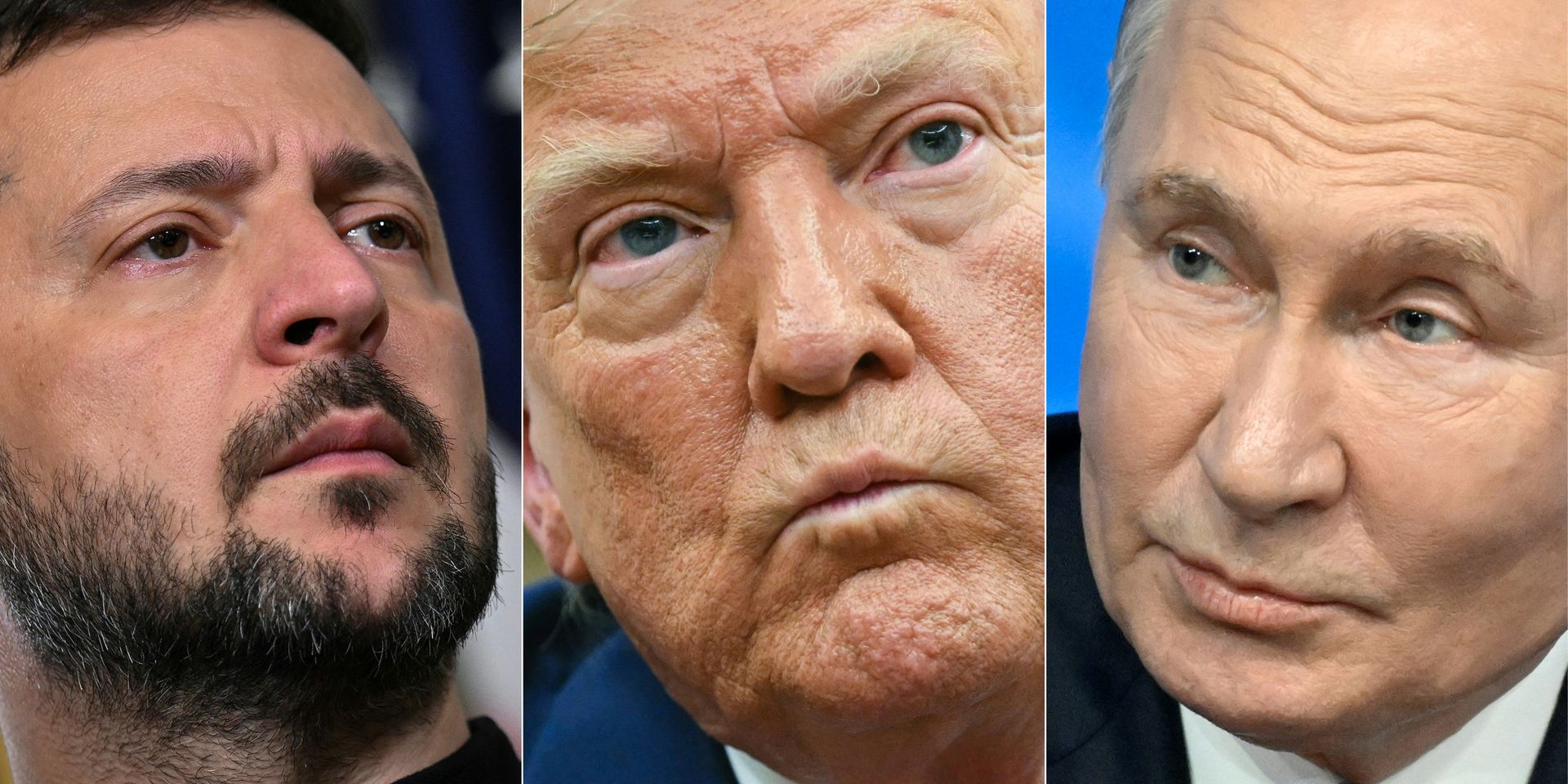Putin backs 'zero enrichment' in new Iran nuclear deal, sources tell Axios

Russian President Vladimir Putin has privately signaled support for a nuclear deal that would prevent Iran from enriching uranium, according to sources familiar with discussions who spoke to Axios.
This position, conveyed to both U.S. President Donald Trump and Iranian officials, marks a notable shift given Russia's historical public advocacy for Iran's right to enrich.
The change in Moscow's private stance comes in the wake of the recent 12-day war between Israel and Iran. According to three European officials and one Israeli official with knowledge of the issue, Moscow has encouraged Iran to agree to "zero enrichment."
Two sources further indicated that the Russian government briefed the Israeli government on Putin's position regarding Iran's uranium enrichment, with a senior Israeli official confirming, "We know that this is what Putin told the Iranians."
Putin reportedly conveyed this position in calls last week with Trump and French President Emmanuel Macron. President Trump has publicly indicated his desire for a new nuclear deal with Iran, and sources suggest that if negotiations commence in the coming weeks, a demand for zero uranium enrichment on Iranian soil will be a key U.S. requirement. Iran, however, has long maintained that it must retain the ability to enrich uranium under any agreement.
Sources tell Axios that Putin and other Russian officials have communicated their support for a "zero enrichment" deal to the Iranians multiple times over the last few weeks. One European official with direct knowledge of the discussions noted, "Putin would support zero enrichment. He encouraged the Iranians to work towards that in order to make negotiations with the Americans more favorable. The Iranians said they won't consider it."
This private position from Putin is particularly intriguing given the extensive support Iran has provided to Russia during its ongoing war with Ukraine, including hundreds of attack drones and surface-to-surface missiles. During and after the 12-day war with Israel, Iranians reportedly expressed disappointment that Russia did not offer significant support beyond public statements.
Despite the current friction, the Russians have publicly and privately indicated their willingness to remove Iran's highly enriched uranium if a deal is reached. Sources familiar with the matter say Russia has offered to supply Iran with 3.67% uranium for nuclear power and small quantities of 20% enriched uranium for the Tehran research reactor and the production of nuclear isotopes.
Meanwhile, White House envoy Steve Witkoff has been in discussions with Iranian Foreign Minister Abbas Araghchi about resuming nuclear negotiations. While a meeting in Oslo was initially considered for the coming days, sources suggest both Iranian officials and Witkoff have cooled on the idea and are now seeking an alternative venue.












